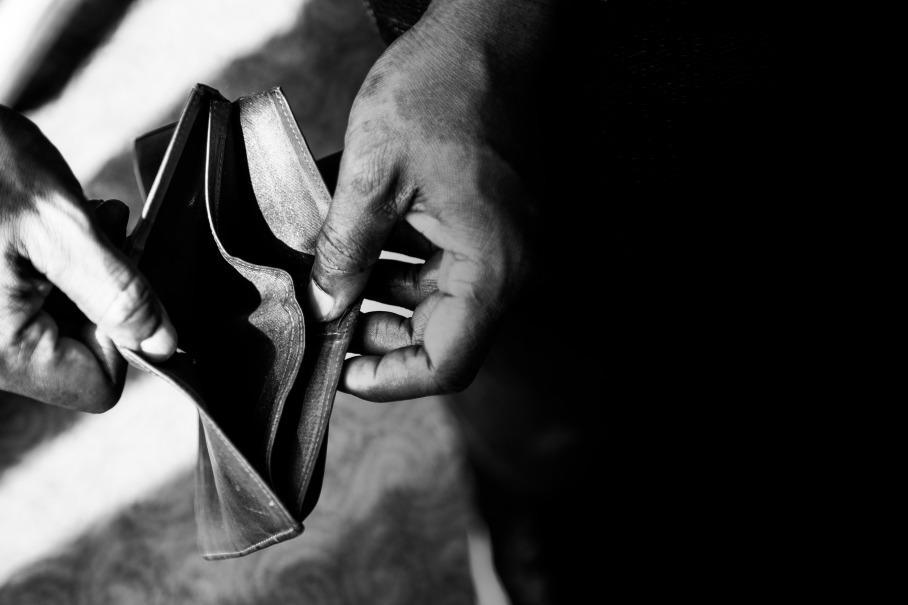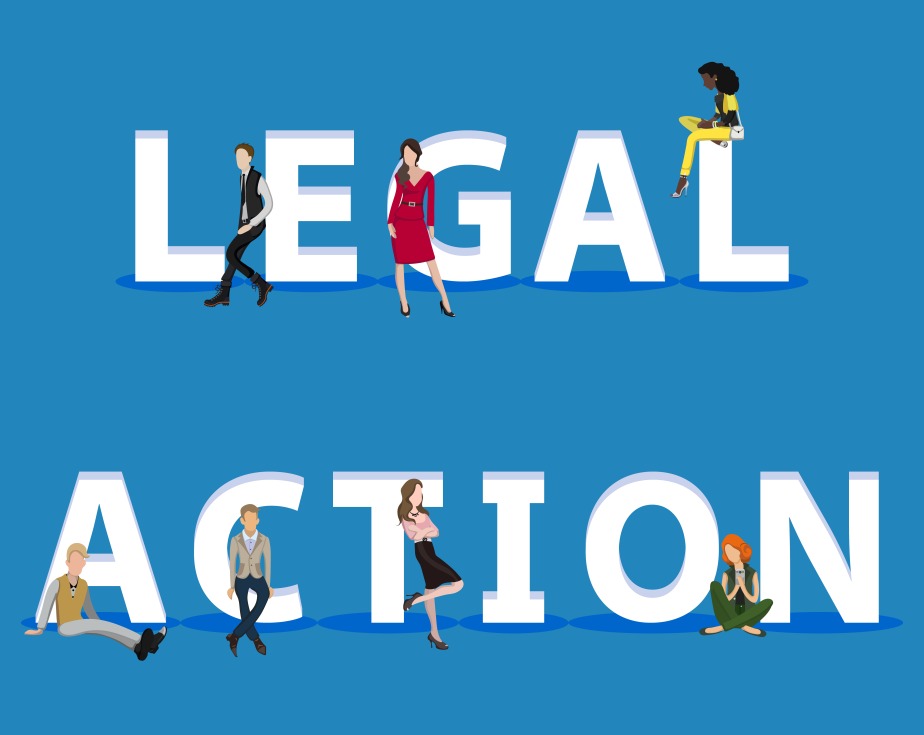Do you have clients who aren’t paying their bills? If so, you know how frustrating it can be to continually ask them and beg for payment. Letting the debt linger can hurt your business severely, yet some clients still won’t take responsibility and come through with the cash owed. Whether it’s a large contract or a smaller service fee, here are tips to help you collect money from those unwilling payers!
What are the Reasons Clients Don’t Pay?
There are many reasons why clients may not pay when they’re supposed to.
Financial Difficulty
One of the most commonly cited reasons for late or non-payment is financial difficulty. This may be due to various factors, such as unexpected costs, changes in the economy, cash flow problems, and other monetary issues. If you’re aware that your client has gone through some kind of economic hardship, it may be wise to offer them a payment plan or negotiation.
Suppose there are overdue payments from customers with an established history of paying on time. In this case, it might be worth discussing their financial situation and offering to split the payment into smaller installments. When offering payment plans, make sure there are clear deadlines and consequences for missed payments. The cash flow issues clients may face can be too much to handle, and negotiation or smaller payments may help them.
Poor Communication
Another possible reason clients may not pay is that they didn’t understand the terms of the contract or weren’t aware of when payment was due. Poor communication and a lack of clear expectations can lead to confusion and delay, which can affect your ability to get paid in full. To prevent this from happening, it is important to clearly explain the terms and conditions of any agreement, as well as provide regular reminders on when payments are due. You should also ensure that contact information is up-to-date so you can easily reach out if there are any questions or issues preventing payment. If overdue payments occur because of poor communication, consider offering alternative methods for payment, such as an online bill-pay system or credit card processing.
Lastly, consider automating the payment collection process if you are dealing with a client who is frequently late on payments.
Contract Disputes
Sometimes clients may choose not to pay due to a disagreement over the completed work. Perhaps they feel that the service or product was not up to their expectations and are withholding payment. To avoid this, always ensure that clients sign off on paperwork before beginning any work. This should include a clear understanding of the deliverables, timeline, and other relevant information. If a dispute arises, it is important to take it seriously and try to come to a resolution with the client.
Consider offering an adjustment or discount on future services to keep them happy and ensure payment is made. If all else fails, consider having a mediator present at any meetings to facilitate an agreement beneficial for both parties involved. A collection agency may also be an option if the debt cannot be recovered through other means.
Are you having trouble collecting payments from clients who don’t pay?
Contact Growth Hackers
How to Collect Money from Clients Who Won’t Pay
Let’s face it, collecting money from a client who won’t pay can be extremely difficult and stressful. It’s important to remember that you still have rights, and there are steps you can take to ensure that you get the money your client owes you. Here are a few tips on how to collect money from clients who won’t pay:
Crafting Respectful Email Prompts
When you email a client about an outstanding payment, it’s important to remain professional and respectful. You want to ensure that your message is clear, concise and polite. Start by introducing yourself and kindly remind them of the services you provided or goods they purchased. It’s also crucial to include a call-to-action in your email, so they know exactly what action needs to be taken. Finally, end the email with an appreciation for your client’s time and consideration. Doing this will keep the situation professional while ensuring you get paid promptly. The small claims court may not be necessary if you send your client a polite reminder. If the client still refuses to pay, legal action can be taken.
Sending a Demand Letter
If email reminders are unsuccessful, sending a demand letter can be another effective way to get paid. Demand letters typically contain more legal language than emails and should include the amount owed, services provided or products purchased, and any applicable deadlines.
It’s important to accurately state the required payment, any late fees, and your right to take further legal action if payment is not received. Be sure to list any applicable laws or regulations as well. Demand letters are often sent via certified mail so that you have proof of delivery and can provide additional evidence if the situation escalates to court. For the overdue payment, a final demand letter should be sent, and the client should be warned of the consequences if payment is not received.
Contact the Billing Department Directly
It’s always a good idea to speak with the billing department of your client’s company. Often they may not be aware that payment has not been received and can take the appropriate action to ensure it is paid. Additionally, speaking with the billing department will provide you with information on contacting the company’s appropriate people, such as their accounts receivable team or legal counsel.
Reaching out to the billing department via a letter or phone call. It is important to ensure your inquiry includes relevant information about the invoice, such as the invoice number, amount due, and dates of when it was sent and when it was due. This will give you a stronger case when trying to collect payment.
When speaking with the billing department, always remain professional and courteous. Explain that you have tried all other methods of collecting payment to no avail and provide them with information about the invoice. Be prepared for questions about your services or why the client hasn’t yet paid. Taking this step can be a bit daunting, but remaining polite and researching ahead of time can make it much easier. With any luck, you’ll be able to collect payment in no time.
Hire a Collection Agency
Sometimes hiring a collection agency may be necessary. Collection agencies specialize in collecting payments from delinquent clients and have the resources to pursue legal action if necessary.
Before you hire a debt collection agency, it’s important to do your research. Make sure that the agency is reputable and that its fees are reasonable for the services they provide. Additionally, consider their success rate with recovering past-due invoices, as this can indicate how effective they will be in collecting your payments.
Once you’ve settled on an agency, ensure you provide them with all relevant information regarding the invoice and any attempts you have made at collecting payment yourself. This will help ensure that they can pursue the debt effectively and efficiently.
Hiring a collections agency is often seen as a last resort, but it can be a great way to ensure you get paid what you’re owed. With their specialized knowledge and resources, they may be able to recover payments that have been delinquent for months or even years. Ultimately, it could be worth the cost to ensure you get your money back. Hiring a collections agency may be the most effective solution for collecting money from clients who won’t pay.
Go To Arbitration or Take Legal Action
If you’ve exhausted all other methods of collecting payment and can’t come to a resolution with your client, it may be necessary to take legal action by filing a lawsuit. Doing so will require you to hire an attorney specializing in debt collection law to represent your case. The process involved in this can be lengthy and expensive, but if successful, it can be a great way to recoup payments that have been delinquent for a long period.
Another option is to take the case to arbitration. This process involves negotiating with your client before an arbitrator who will make a legally binding decision on the matter. This is often a less expensive and more efficient route than filing a lawsuit, but the decision is final and cannot be appealed. As the payment process becomes increasingly complicated, it may be necessary to take legal action to collect what you’re owed.
Cut off Future Work
If all else fails, you may consider cutting off future work with the client. This is a last-resort option and should only be done as necessary. It’s important that you communicate clearly with your client why you are no longer willing to do business with them if they fail to pay their outstanding invoices.
You can either send a letter or email detailing the decision or even call them directly. Be sure to explain why you have made this choice and provide them with an opportunity to discuss it if desired. Remember that your goal is not necessarily to punish your client but to remind them of the importance of paying their bills promptly.
In some cases, cutting off future work may be the best way to ensure you get paid. If your client knows their future business with you is at stake, they are more likely to take action and pay what they owe. While this can be an effective strategy in some cases, it should never be used as punishment or coercion. Make sure that you remain professional and courteous even when discussing difficult topics such as these.
Don’t let unpaid bills affect your business. Take action now and collect the money you are owed!
Best Ways to Protect Your Future Cash Flow
As a business owner, it’s important to protect your future cash flow. This can be done in a few simple ways:
Require Payment Upfront Whenever Possible
The best way to avoid having unpaid invoices is by requiring payment upfront or at least a deposit before starting any project. This can help you avoid clients who cannot pay later down the line, as they are committing to paying now before work has been done. You may also want to consider offering discounts for upfront payments or only taking payment through secure methods such as credit cards or PayPal. Suppose you are unable to collect the full payment upfront. In that case, you should work out a plan with your clients where they pay a certain amount regularly until the invoice is paid in full.
Utilize Contracts
It’s also important that you utilize contracts when doing any business. This can help protect you and your clients by laying out the terms of the agreement, payment methods, timelines, etc. It’s important to be as detailed as possible in your contracts so that there is no confusion later. You should also include a clause about late payments and any associated interest or fees. Lastly, make sure that both you and your client sign the contract, so it’s legally binding.
Apply Late Fees
You can apply late fees if a client still does not pay their invoice. This is a good way to encourage clients to make their payments on time and also serves as a reminder that they need to take action. When applying late fees, it’s important to be clear about the amount and when it is applied. You should also clearly explain the consequences if the payment is not made on time and how you will proceed with legal action if necessary. The payment terms should be included in the contract as well. As they pay invoices on time, you can consider waiving the late fees for future payments.
Follow Up with Clients
Finally, following up with your clients for unpaid invoices is important. Don’t be afraid to send polite reminders about payments due, and don’t be afraid to reach out by phone or in person if needed. Most importantly, be patient, as some clients may need more time than expected to pay you back. Additionally, make sure that all communication is documented in writing, so there are no misunderstandings later on. If you have difficulty chasing down payments from certain clients, consider using third-party collection services that specialize in collecting overdue payments.
Final Words on Collecting Money from Clients Who Won’t Pay
Collecting money from clients who won’t pay can be a challenging task. However, by utilizing the strategies outlined above, it’s possible to protect your future cash flow and get paid on time. From requiring payment upfront to applying late fees and using collection services, there are several options available for business owners when collecting payments.
Ultimately, the key to success is staying proactive and taking steps early to ensure that your invoices are paid. Doing so will save you time and effort in the long run.
Good luck!
Growth Hackers offers renowned startup marketing services helping businesses from all over the world grow. There is no fluff with Growth Hackers. We help entrepreneurs and business owners collect money from clients who don’t pay, increase their productivity, generate qualified leads, optimize their conversion rate, gather and analyze data analytics, acquire and retain users and increase sales. We go further than brand awareness and exposure. We make sure that the strategies we implement move the needle so your business grow, strive and succeed. If you too want your business to reach new heights, contact Growth Hackers today so we can discuss about your brand and create a custom growth plan for you. You’re just one click away to skyrocket your business.









